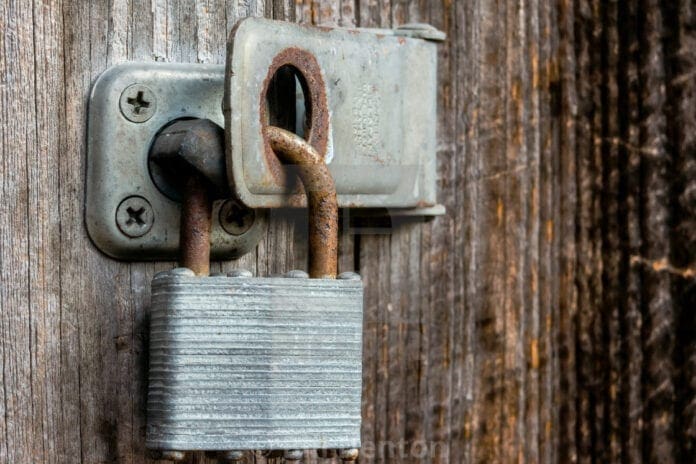
St. Patrick’s Day was the last day. Something called a coronavirus from China was infecting people across the world, and it found its way to America in mid-January.
On March 18, federal warnings were issued, events were immediately canceled, all schools were closed, and residents were ordered to stay at home whenever possible. It was take-out only for restaurants, bars were shuttered, and businesses deemed non-essential by state officials were forced to lock the doors. Federal financial assistance did help keep many businesses in the Upper Ohio Valley open for business, but many have closed, too.
Since then, more than 30 million Covid-19 cases have been recorded in the United States, and more than a half-million citizens suffered associated deaths in the past 12 months.
“I remember most of the local places being really crowded on St. Patrick’s Day, too, and it was like everyone kind of knew what was coming,” recalled local live music promoter Jon Banco. “I know the places where I played that day were all really packed, and people were having a blast. I guess we all thought it was going to be the last time for a while, and that’s what it was.
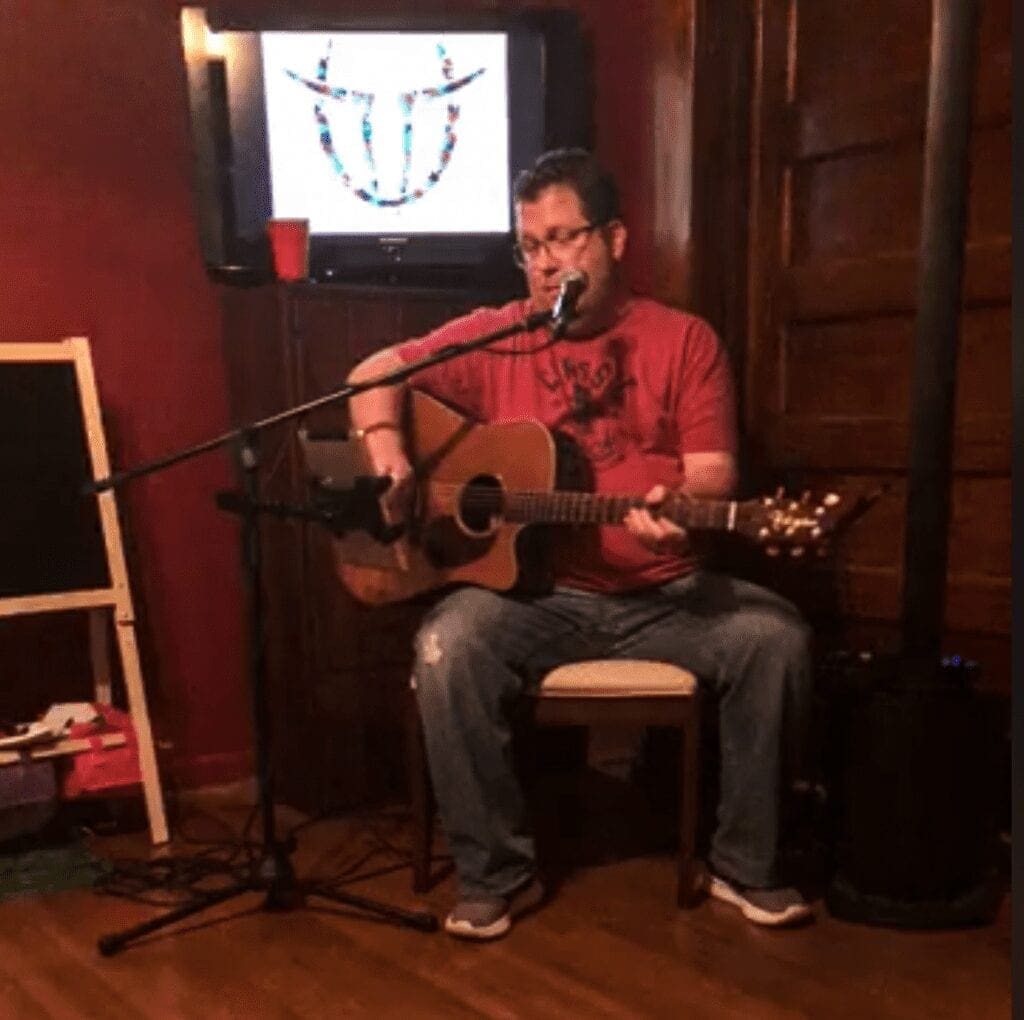
“For a few months after that, there was nothing as far as live entertainment, and since the numbers have decreased, the local musicians have been able to perform some,” he said. “But over the last month I have started scheduling a lot of shows with the city of Wheeling for the Centre Market shows and with Oglebay for the Sunday Concert Series, so hopefully we’ll get back to whatever normal is going to be this summer.”
W.Va. Gov. Jim Justice has approved all businesses to return to 100 percent occupancy with social distance included, and while that is a challenge for some establishments, the owners of others have embraced the release with food and beverage specials. Banco, though, recognizes the need for patrons to continue being precautious.
“Wearing a mask on the way into a place really isn’t that big of a deal anymore,” Banco said. “And once you sit down to eat or have something to drink, you’re allowed to take it off. I just want to get the entertainment back, and I hope other people feel the same way. I’d love for the events I have scheduled so far to go off without a hitch.”
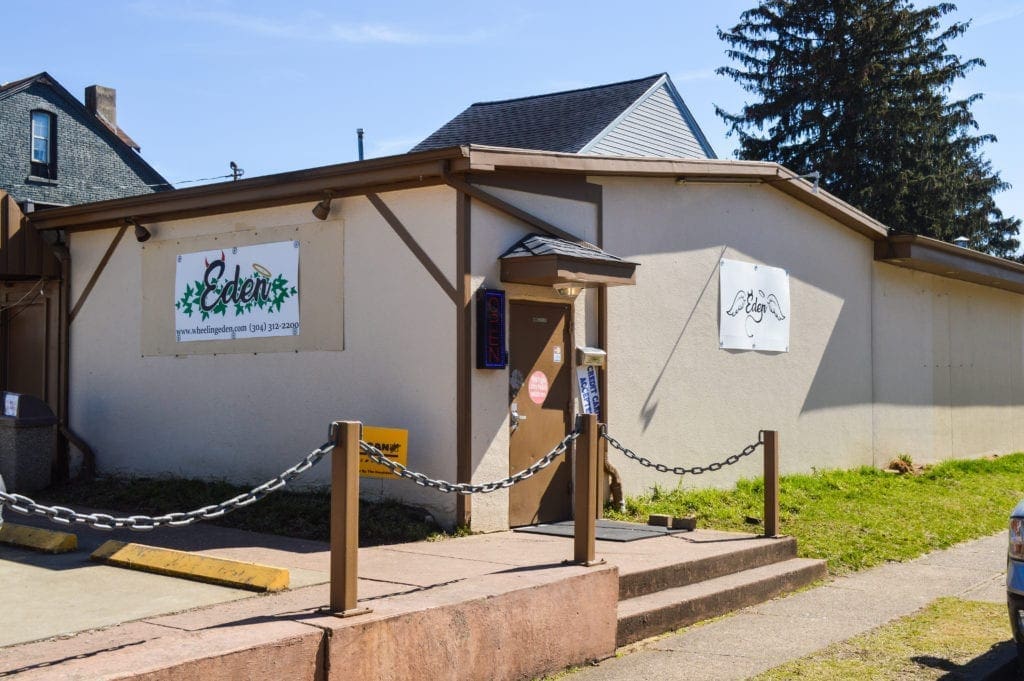
One Difficult Year.
Essential. Non-essential. That is how businesses were split in Ohio and West Virginia. Restaurants in both states, however, were caught in the middle because they could sell their menu items, but only via take-out or curbside services.
“And we literally tried everything,” explained Erik Marple, co-owner of Eden Family Restaurant on Wheeling Island. “Once we were permitted to reopen the dining room, we’ve seen business pick up, but we’re still not where we were when everything was shut down.
“But, as a family restaurant, a lot of what is on our menu is meant to be served at one of our dining room tables and eaten right then and there and not after driving it home,” he said. “But we kept the place open and people employed, so at least there’s that.”
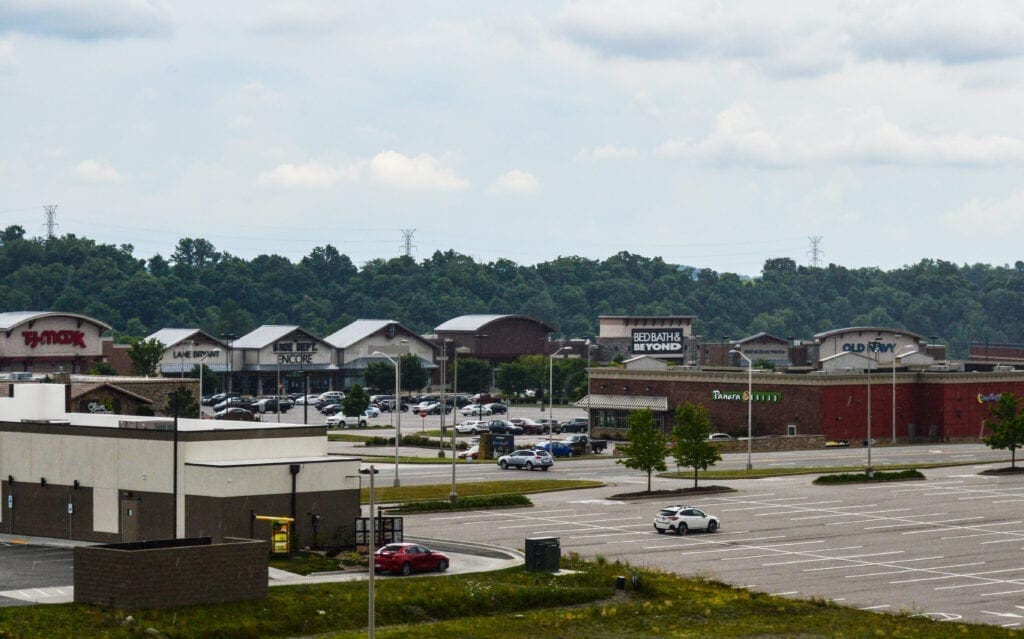
Eden is just one example of the struggles experienced by the majority of restaurant and bar owners in West Virginia and Ohio, and the pain quickly spread to most small and large retail shops at developments such as The Highlands. Usually it’s a very busy shopping area with everything from eateries to big-box retail, but the Ohio County development fell silent once W.Va. Gov. Jim Justice lowered the boom, according to one employee who helped manage Quaker Steak and Lube.
“It was a ghost town up here,” explained Christine Thomas. “This place is usually swarming with cars and trucks, so it was really odd to see it pretty much empty. Each time the restrictions were loosened up, you would notice more traffic, and now it looks like it’s pretty much back to normal.
“I don’t think anyone thought Covid was going to last this long, but yeah, it’s been a year, and it was a very long year, too,” she continued. “I know we are hopefully to have live entertainment again on the patio and outside because we know how much our regulars really enjoy that. We’re making plans, so let’s just hope the vaccine makes a big difference so we can get back to normal.”
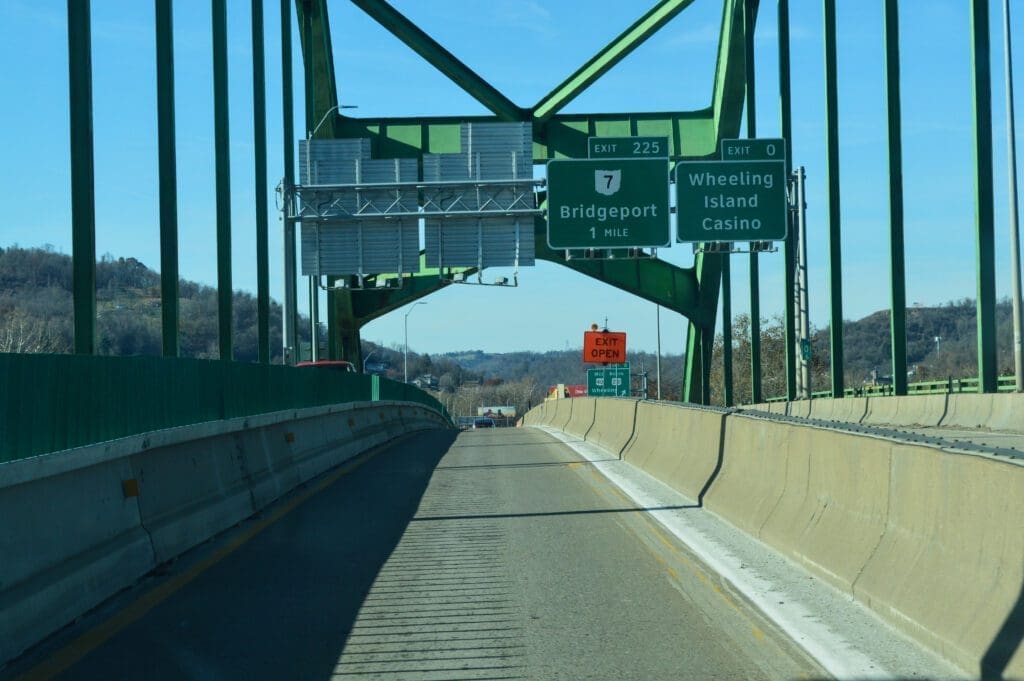
Traffic Impact
In or out. How were people allowed to live? We could go to the store, but what about visiting Grandma?
The social precautions placed on the people impacted more than just live entertainment and restaurants and bars, though, because when the majority of businesses were shuttered as non-essential, there were not many places to travel.
Who would know better than a tow truck driver, right?
“The amount of calls we’ve received here has depended really on whatever restrictions were in place,” explained Don Atkinson, a 40-year employee at Ace Garage in Wheeling. “When everything was shut down last year, we weren’t busy at all because no one was out there driving very much, but when people were allowed to leave their homes again, it definitely picked up.”
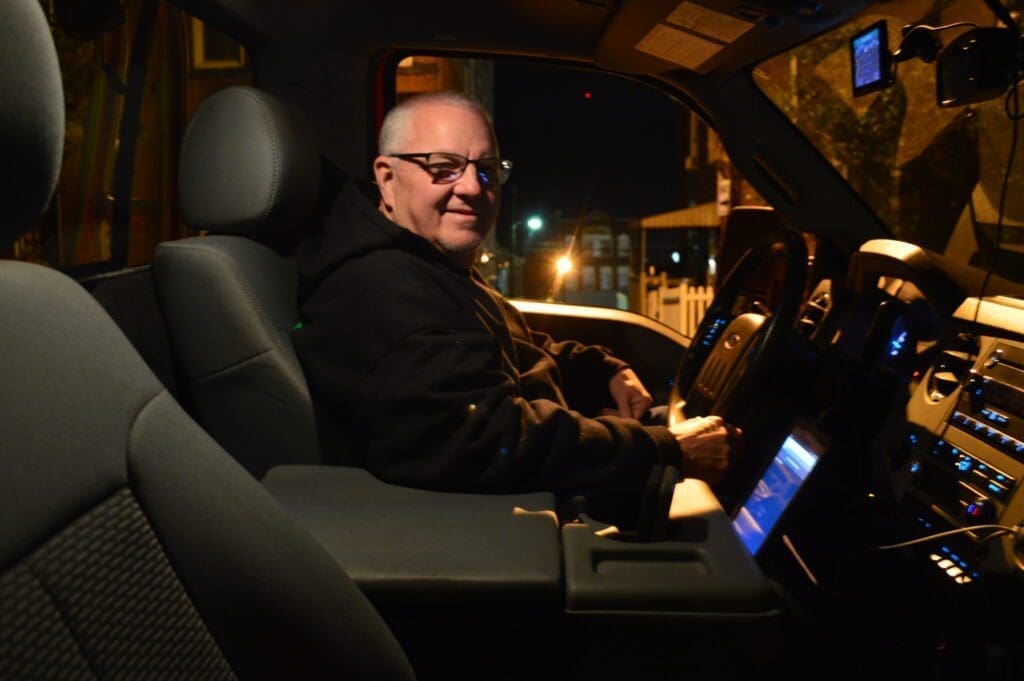
Atkinson has worked the graveyard shift at Ace Garage for most of his career at the Fulton towing company, and the changes he’s experienced with calls during a few decades and these days have been very different. During the past year, though, he has towed fewer vehicles for parking violations, but he has jumped or replaced batteries in many vehicles.
“There have been a lot of cars and trucks that just sat for a couple of months because no one could really go anywhere, so when it was OK for everyone to go out again, the batteries were dead,” he said. “That’s not uncommon for a car that sits for a while without being used, but Ace Garage can now replace the battery when that happens.
“That was pretty popular last year, and it has continued to be,” Atkinson said. “The battery replacement service we do now is kind of new, and a lot of people might not know about it yet. But people are pretty happy when we tell them when they need a new one.”

